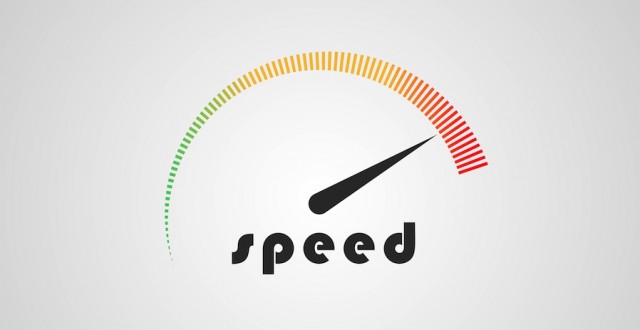The Internet and the prevalence of smartphones have drastically changed consumer expectations. Americans now expect to buy exactly what they are looking for and they expect to receive it instantly. This is putting a lot of pressure on all types of businesses, especially franchises. Both franchisors and franchisees are being challenged to rapidly integrate the new technologies, and this process never ends because every year there will be new innovations and apps that need to be understood and implemented. This trend is likely not going away anytime soon, so it’s not something you can disregard.
Reservation Technology
The latest technologies are being used in franchises in many different ways. One easy example is online reservations. Online reservations are not just for airlines, they are now used in virtually every industry. All types of restaurants, even fast casual and fast food, are allowing customers to make reservations online. Other services, such as childhood enrichment, private trainers, and painting and wine classes are now being registered for almost primarily over the Internet.
RELATED: DEMOGRAPHIC CHANGES IMPACTING FRANCHISES
Currently, most reservation services are free for consumers, but when franchises use third-party reservation software, they often have to pay an additional charge. Some businesses are experimenting with their own proprietary reservation software and apps. This eliminates the need to pay a third party for organizing the reservations.
New Devices and Tools
Franchises are also looking at ways to incorporate tablets and other devices into their services. Many consumers are very comfortable using a tablet to reserve, request or adjust their purchases and reservations. Having self-serve tablets in new businesses is making it easier to keep the customer and happy and get them quickly on their way. With rising labor costs, and the specter of rising minimum wage, many businesses are seeing big benefits to incorporating tablets and other technologies. Franchisees should be wary of the upfront costs of these technologies, but should also consider how they could affect customer satisfaction and service.
The Food Industry
There is no industry that might be experiencing this trend more than the food industry. For a long time, there has been growth in fast-casual, the slower alternative to fast food. This hasn’t changed, and customers are still flocking to restaurants like Chipotle where they are willing to get their food more slowly as long as the food is of a high quality and tastes better. However, at the same time that fast casual is getting slower and more service-oriented, fast food is getting faster.
RELATED: DISPELLING 5 COMMON FRANCHISE MYTHS
There is a huge growth in fast food delivery. More and more franchises are building their own apps or partnering with existing companies like Uber to offer fast food deliveries that are extremely fast. Though this is still in the experimental phase, it may soon be commonplace for consumers to order fast food on their mobile devices and have it delivered in only 15 minutes. There will be a lot of digital and logistical headaches along the way, but this new trend is sure to change how fast food franchises serve their customers.

